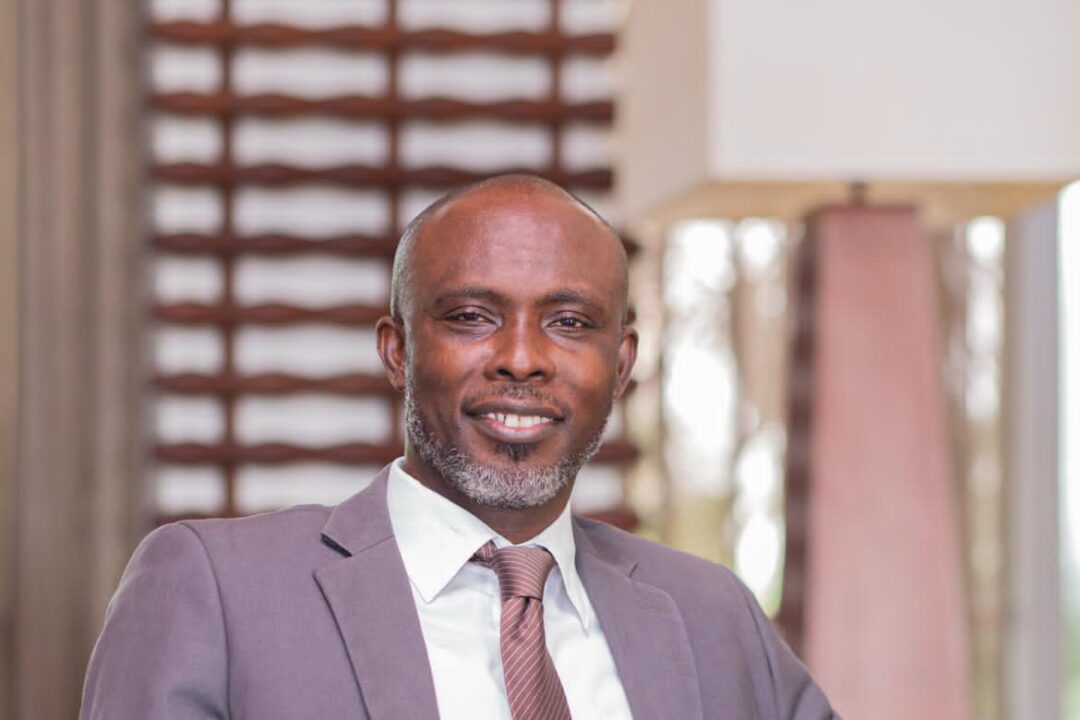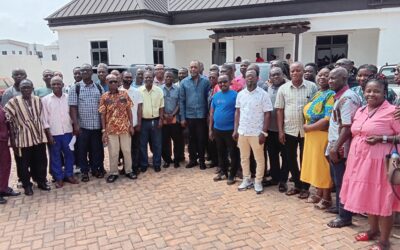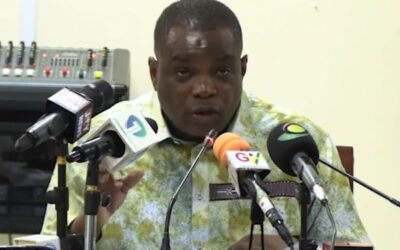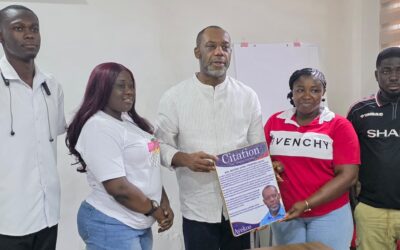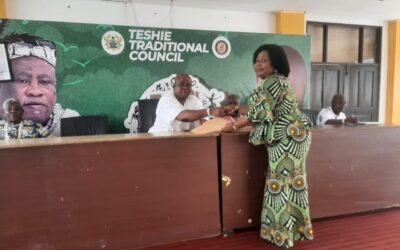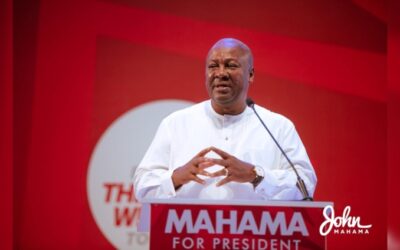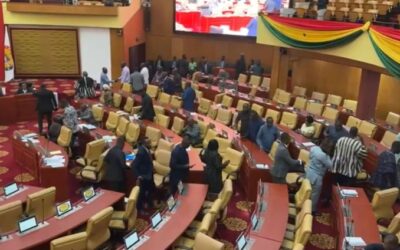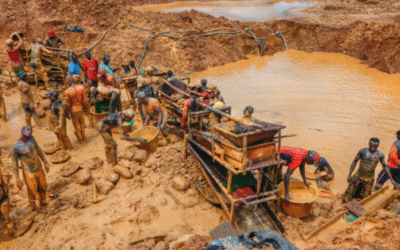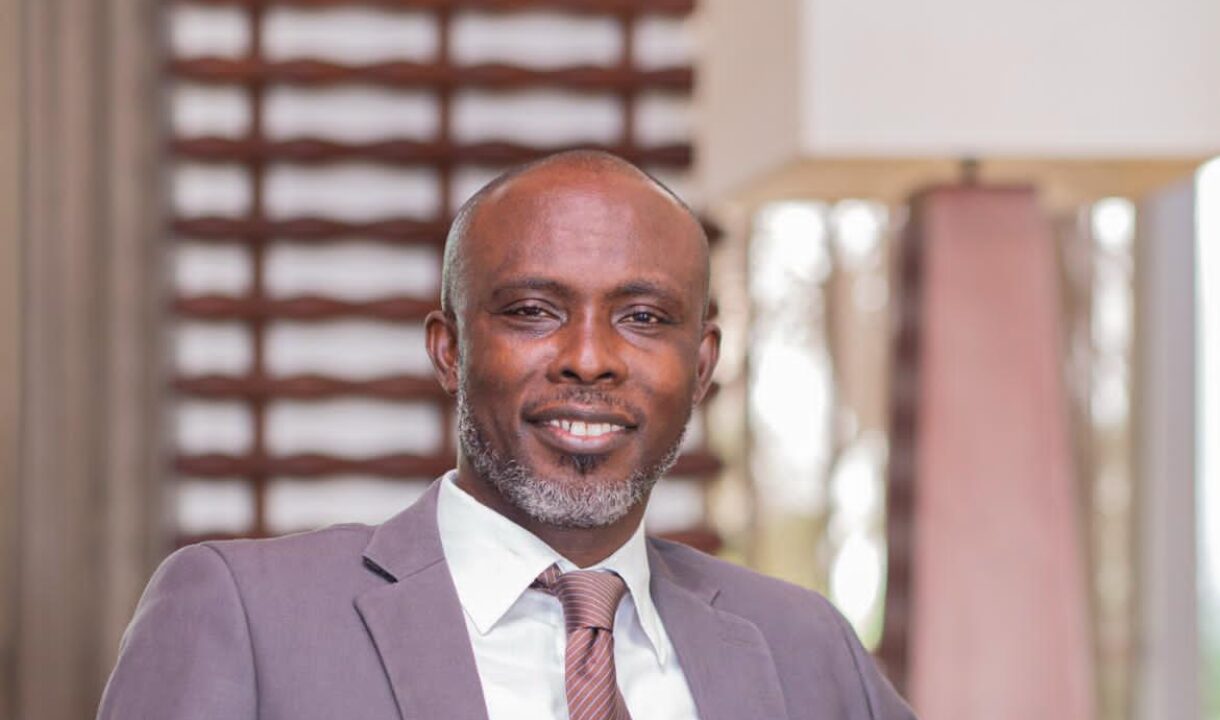By:Isaac Amoah
As part of its commitment to engage with the relevant stakeholders to be abreast of the significance of nuclear power technology, a two-day virtual workshop has been held for media professionals.
The workshop was on the theme: “Transformative nature of Nuclear Power Technology and its relevance to Ghanaians”.
The participants were taken through topics such as “Major Components of a Nuclear Power Plant (NPP)” by Mr Daniel A. Wordson; “The Advantages of Nuclear Energy and Applications” by Dr Felix Ameyaw of Nuclear Energy Planning Centre (NEPC); “The Nuclear Fuel Cycle (Key Concepts & Associated Safety Concerns”, among other topics.



Dr. Stephen Yamoah, Executive Director of Nuclear Power Ghana
The media professionals were educated that nuclear fuel is a material (uranium) that can be used to produce nuclear energy through fusion or fissions.
Dr Felix Ameyaw revealed facts on non-electric application with nuclear power by stating that less than 1% of heat generated in nuclear power plants globally is currently used for non-electric applications.


Dr Felix Ameyaw
According to him, the advantages of non-electric application of nuclear energy include: improving NPP efficiency by saving energy, recycling of waste heat, rationalisation of production.
Other advantages are: improving the value of heat (use of low-quality steam), improving economics of NPPs for better revenue such as better utilisation of fuel, sharing of infrastructures, production of more than one product (cogeneration).
Dr Ameyaw said one advantage is to sustain the environment by keeping it clean and reducing consumption of fossil fuel to produce energy for non-electric applications.
With regard to the prospects of nuclear energy utilisation for non-electric applications in Ghana, Dr Ameyaw said the above-mentioned non-electric applications of nuclear heat could be identified, and the possible demand for such application indicates good prospects for Ghana.
Touching on meeting the demand for energy-intensive non-electric products, Dr Ameyaw said desalination of sea water is the only means to overcome water shortage in the 21st century.
He said, for instance, in Ghana, close to six million people (nearly 22%) rely on surface water (supplied by GWCL) to meet their daily water needs for domestic and industrial uses. More than 40% of Ghana’s 25 million population lack access to safe water.
A cross-section of the participants commended the authorities of Nuclear Power Ghana (NPG) for the timely and insightful training workshop.
As a backgrounder;
Nuclear Power Ghana (NPG) was established in 2018 as the Owner/Operator of Ghana’s first proposed Nuclear Power Plant. In July 2019, NPG was duly registered under the Companies Code of Ghana as a Limited Liability Company. NPG is housed in BPA Heights II in Accra.

As the Owner/Operator,
NPG is responsible for project development and feasibility, plant and site licensing, regulatory compliance, construction, and commissioning, as well as ensuring that the plant is operational, maintained, and decommissioned in compliance with international best practices.

